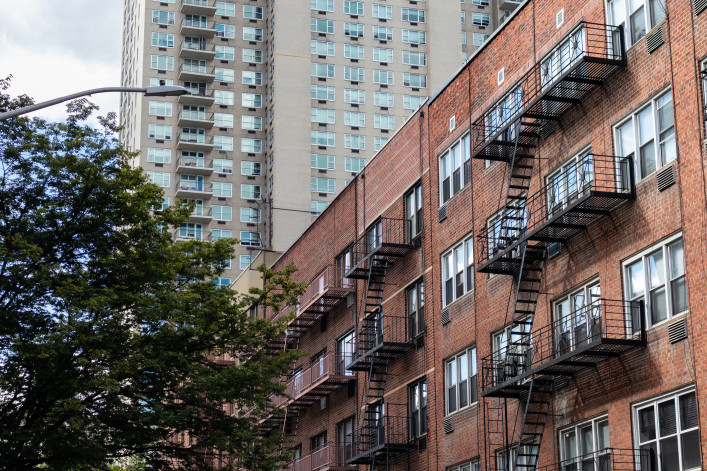My co-op board falsely accused me of illegally subletting my unit. What should I do?
- Ask your board in writing why they think you’ve been subletting your unit
- If you have an explanation—like you had family in town—let the board know

Your board probably just wants an explanation, not an escalation.
iStock
My co-op board falsely accused me of subletting my apartment. I told them by email they were mistaken, but is there anything else I should do to protect myself legally?
Your response will depend on how your board accused you of subletting, and what actually happened, according to our experts.
First, you should try to get more information from your board about why they think you rented out your unit. Once you have a specific reason, it will be easier to refute their claims.
“The shareholder should request some facts as to why the cooperative assumes they are subletting,” said Dean Roberts, an attorney at the law firm Norris McLaughlin. “If there are facts provided the shareholder should refute them in writing and if possible with any documentation.”
That documentation would include evidence of what actually happened. It’s possible a neighbor saw your house sitter, family member, or roommate, assumed that person was an illegal subletter, and then complained to the board. In any case, providing an explanation to your board could help you clarify why they are mistaken.
But if you did have a guest or a roommate, it’s a good idea to check out your building's house rules and bylaws to make sure you didn’t violate any board policies. Co-ops tend to allow guests as long as the shareholder is present in the building, and shareholders in New York City have a right to a roommate under the city’s roommate law, said Stewart Wurtzel, an attorney at Tane, Waterman & Wurtzel.
“Usually the proprietary lease allows guests typically with the shareholder present,” Wurtzel said. “If somebody's coming to house sit for two weeks while the shareholder’s away, nobody's going to get an eviction for something like that.”
So don’t fret: your board probably just wants an explanation, not to escalate the situation. Clear communication should solve this issue.
“It's better for both sides to get their facts straight and resolve this,” said Andrew Wagner, an attorney at Herrick Feinstein.
If you did have a guest, it’s best to let your board know about your plans ahead of time. Your co-op board may ask you to provide information about your guest or roommate for security purposes, Wagner added.
Trouble at home? Get your NYC apartment-dweller questions answered by an expert. Send your questions to [email protected].


























